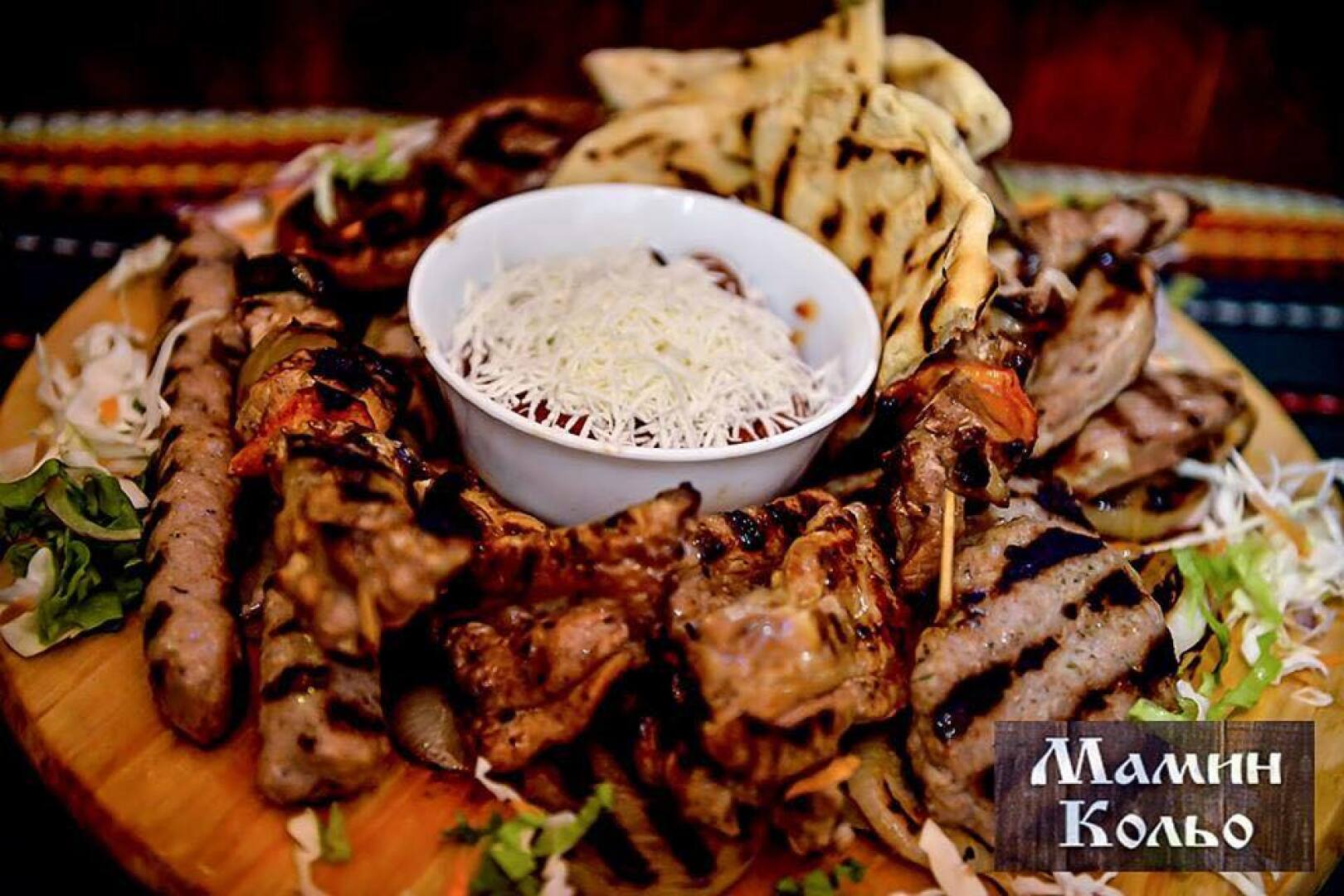
Traditional Bulgarian Restaurant in Sofia
Bulgaria is a destination known for its culinary specialties. Gourmet tourism is well known. Guests from all over the world come to us to try Bulgarian cuisine in detail. And you know what? The experience is worth it!
Traditional Bulgarian restaurants are deeply rooted in the country's history, culture, and culinary traditions. They aim to preserve and showcase the essence of Bulgaria's rural life, its regional diversity, and the significance of food in Bulgarian culture.
What makes Bulgarian restaurants specific and unique?
1) Bulgarian cuisine is known for using fresh, locally sourced produce. Many traditional restaurants emphasize farm-to-table practices, using seasonal vegetables, herbs, and dairy products, reflecting the self-sufficient, agricultural lifestyle of Bulgaria's past.
2) Bulgarian cuisine is heavily influenced by the country's agricultural roots, and traditional restaurants serve dishes that have been passed down through generations. Many recipes date back to the Ottoman Empire, Slavic traditions, and even Thracian times.
3) Bulgarian dining emphasizes family and communal eating, a reflection of village life where large family meals are a daily ritual. Sharing food is an expression of hospitality, and traditional restaurants often serve dishes that are meant to be shared, such as "sach" (grilled meat and vegetables served on a hot clay plate).
4) Many Bulgarian dishes are connected to specific celebrations or religious holidays. For example, lamb is often prepared for Easter, while bread is baked with ritualistic significance for Christmas and other festivities.
5) Traditional Bulgarian restaurants often incorporated folk elements into the decor, music, and ambiance. Handcrafted textiles, pottery, and woodwork reflect the country's artisanal traditions. Folk music, with live performances and traditional Bulgarian dances like the "horo", is a common feature, adding a cultural layer to the dining experience.
6) Staff might wear traditional Bulgarian costumes, and the restaurant interiors often use regional motifs, including embroidery, hand-carved wooden details, and paintings depicting village life.
Traditional Bulgarian restaurants are known for their hospitality. The Bulgarian phrase "Guests of the people" reflects a long-standing tradition of treating guests with respect and generosity. Diners are often greeted with homemade bread and salt, a centuries-old custom symbolizing hospitality and friendship. The intimate, family-like atmosphere is central to the experience. Often, the owners are involved in the operation of the restaurant, and there is a sense of welcoming into a home rather than just a dining space.
Bulgarian cuisine uses unique cooking methods such as slow-roasting, baking in clay pots, and open-fire grilling. These techniques have been passed down through generations and help preserve the authenticity of the flavors. Common staples include: Banitsa (A pastry made with filo dough and filled with cheese or other ingredients); Shopska Salad (A salad made of tomatoes, cucumbers, onions, and topped with white brined cheese); Kavarma (A slow-cooked stew of pork or lamb with vegetables); Sarmi (Stuffed cabbage or vine leaves); Cheverme and many others...
Bulgaria has a long history of winemaking, and traditional Bulgarian restaurants often serve local wines. Popular varieties include Mavrud, Melnik, and Pamid, which are known for their robust flavors. Wine is often paired with traditional meals, just as it has been for centuries in Bulgarian homes. A potent fruit brandy, rakia is often served as an aperitif in traditional Bulgarian restaurants. It's considered a symbol of Bulgarian hospitality, and it's common for families to make their own versions of the drink.
In conclusion, we can say that traditional Bulgarian restaurants in Sofia provide a culinary experience that goes beyond food, aiming to immerse guests in the country's history, culture, and traditions, offering a taste of Bulgaria's soul.
